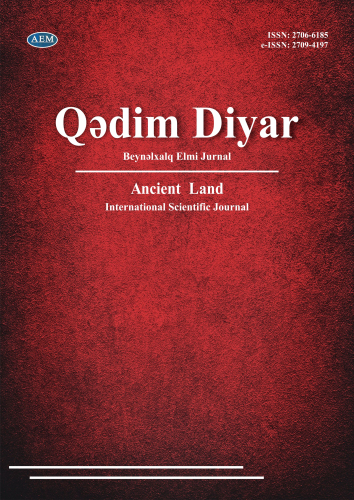https://doi.org/10.36719/2706-6185/43/74-79
Konul Niftaliyeva
Baku State University
PhD in Philology
kenul.nifteliyeva@gmail.com
https://orcid.org/0000-0003-3565-5421
Unidirectional Flow of Information: Causes of Imbalance in International Communication
Abstract
Communication is one of the primary factors that enables individuals to express themselves collectively or within society. This process transforms a person from a biological being into a social being. The article examines the stages of development of this process. In the study, this process, which develops in two forms—individual and socio-cultural—is analyzed in various ways, focusing on the sequence of fulfilling human needs and passing down inherited knowledge to future generations. Regardless of its form, type, effect, or direction, the communication process consists of four stages: source, message, channel (medium), and target (receiver). The article highlights the role of the media as one of the main tools in the realization of communication.
At the same time, the concept of two-way information flow is introduced in contrast to the one-way flow of information. One-way information flow is characterized as a process moving from developed countries, which possess power and technology, toward other countries. On the other hand, two-way information flow is presented as an ideal form of communication based on democratic principles, allowing both the source and the target to influence each other. The importance of conducting the flow of information and news within the framework of social values and in accordance with the main principles of communication is emphasized as vital for society.
Keywords: media, communication, communication strategy, imbalance, information flow, information society, globalization

